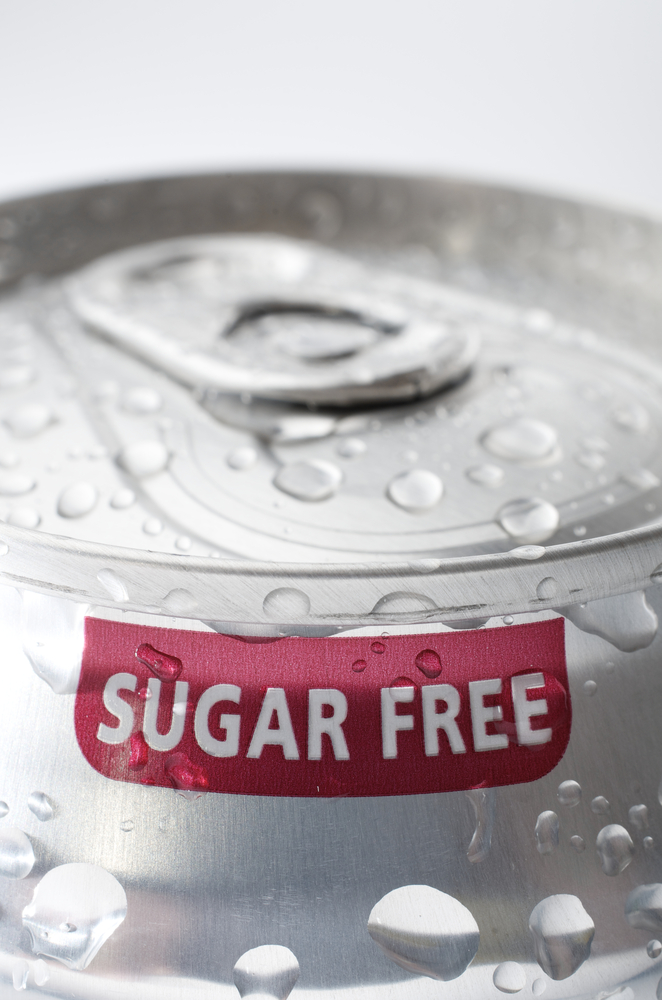By Caitlin Schille
Sugar-free drinks, including diet soda and low-calorie sports drinks, have long been touted as the healthy alternatives to more sugary options such as regular soda. While a reduced consumption of added sugar is a great goal, sugar-free drinks have health implications of their own.
Researchers at the University of Melbourne in Australia conducted a study of 23 different sugar-free drinks, including diet soda. Their findings showed that the chemicals added to diet drinks to make up for the lost sugar practically disintegrated crucial tooth enamel. The chemicals that replace the sugar have a pH level (remember this from high school chemistry?) that is highly acidic, so it easily eats through tooth enamel.
It has long been known that sugary beverages, such as soda and fruit juice, are bad for your oral health and for your health in general. So, people turned to artificial sweeteners and sugar-free options such as diet soda. However, the new research on the damage to oral health caused by sugar-free drinks is causing people to look into the impact of sugar-free drinks on overall health.
There is some debate about the place of artificial sweeteners in the diet. While some people voice concerns that sugar substitutes cause cancer, the National Cancer Institute, among other health agencies, states that there is no concrete, scientific evidence that any artificial sweeteners available in the U.S. cause cancer or any other negative health consequences.
Brooke Alpert, a registered dietician (RD) and author of The Sugar Detox, disagrees that artificial sweeteners have zero negative health effects. While they may not cause cancer, Alpert states that “artificial sweeteners trigger insulin, which sends your body into fat storage mode and leads to weight gain.” Researchers from the University of Texas agree. They followed diet soda drinkers and people who did not drink diet soda over the course of ten years, and they found that diet soda drinkers had a 70% greater increase in waist circumference. Waist circumference is a key indicator of risk for many chronic diseases.
While there may be conflicting opinions about the overall health consequences of artificial sweeteners, there is no debate about the oral health damage done by sugar-free drinks, which contain artificial sweeteners. As always, aim for a diet rich in fruits, vegetables, whole grains, and lean sources of protein.
